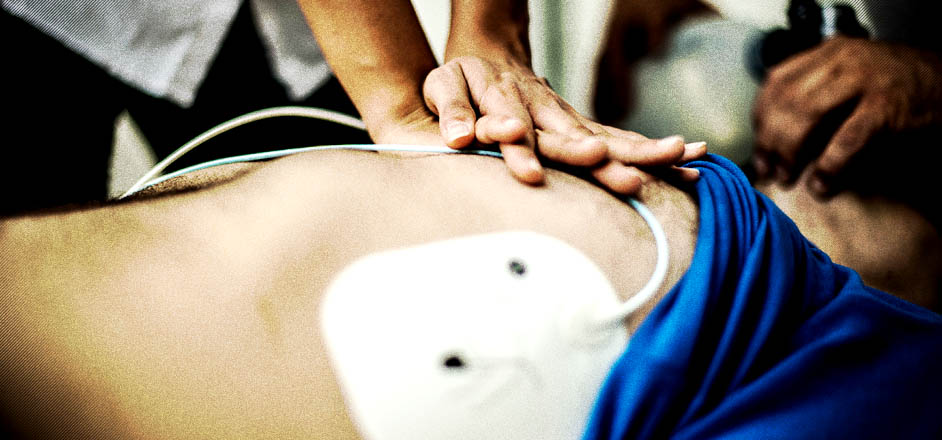America is in the middle of an epidemic as big as the AIDS crisis, killing as many as the Vietnam War did every single year. It's the epidemic of drug overdoses from mostly opioids like heroin and fentanyl. And it's bringing us to some pretty cold places.
Recently, a Connecticut city councilman raised eyebrows when he said "life has not been good" for the overdosers, and that first responders shouldn't waste taxpayers time and money on them — they should just let them die. In another event, an Ohio sheriff prickled many when he said he wouldn't let his deputies carry the overdose antidote naloxone, also known as Narcan. “I'm not the one that decides if people live or die," Richard K. Jones, sheriff of Butler County, Ohio, told the Washington Post. "They decide that when they stick that needle in their arm.”
I get this impulse. Overdoses kill more people in his county than all other causes of death combined. The cost of overdoses to the taxpayer is huge. A few of these people are actively trying to kill themselves.
But first responders aren't going to like this new cold approach.
As a side job last year, I became an emergency medical technician. I work on an ambulance in Boulder, Colorado. I like to get out.
Most calls are simple: a kid crunks his bike and snaps his arm bone clean through — we splint it. A lady, worn thin by cancer, needs a ride to chemotherapy. A homie struggling with mental illness needs transport between care facilities — we're there so he doesn't hurt himself.
And because everybody who gets into paramedicine likes excitement, these simple calls aren't the ones we live for; we live for the rare ones where we get to bring folks back to life.
There's no thrill — and terror — like putting a mask on a lady who's turned blue from barely breathing and pumping life-saving air into her lungs. Or strapping the defibrillator paddles onto a guy whose heart has stopped and shocking him back to life. We all sit there and watch as the skin turns pink again.
In my short career, the most common opportunity I've seen to save a life hasn't been heart attacks or car crashes, it's been drug overdoses. Heroin. Fentanyl. Overdoses are all over the Front Range. We found one down in a bathroom, skin as blue as the ocean from not breathing. We found another sprawled on the floor of a trash-strewn room, head cold from lack of circulation. Death was in both rooms with us. I could feel it.
But we have our magic bullet, our death killer: naloxone. It binds to the opioid receptors, blocking the drug's path to the central nervous system, so heroin can't shut down the breathing anymore.
It's like an elixir of life. After the paramedic finds a vein — which isn't easy; in both cases the arms and legs were so tore up with track marks that the paramedic stuck the needle in their necks — they inject naloxone. And it's like it scares death away. You see the blood return. The blue recedes. You see the breath deepen. Your own breath — which you'd been holding in out of nervousness and fear — comes back to normal, too. Then they're suddenly Lazarus, back to tell us all what death is like. They stir and thrash and ask for juice and plead for help. Some medics give them sedation so they don't tear the IV out of their neck.
Telling us to let someone die would be like telling a dog not to chase a squirrel, or telling a salmon not to swim upstream.
And telling us only to help the saints but not the sinners would be weird. We don't keep the defibrillators in the package because this big guy ate too many cheeseburgers and brought the heart attack on himself. We don't leave a motorcycle rider bleeding on the street because she chose not to wear a helmet. We see sick folks on the street, we pick them up.
It's natural to help people. We do it for ourselves, almost as much as we do it for them. Yes, the veterans get worn out by dealing with the same addicts over and over. But most of us feel good when they feel good. It's what we live for. And if we decided that we'd let death take them, because they made bad decisions in their lives, when we have that magic bullet right there in our holsters, it would feel very strange — and very bad.
And the epidemic would make one more corner of this cold world colder: the back of an ambulance, as life drains away from someone we could've saved.



Leave a Reply
You must be logged in to post a comment.